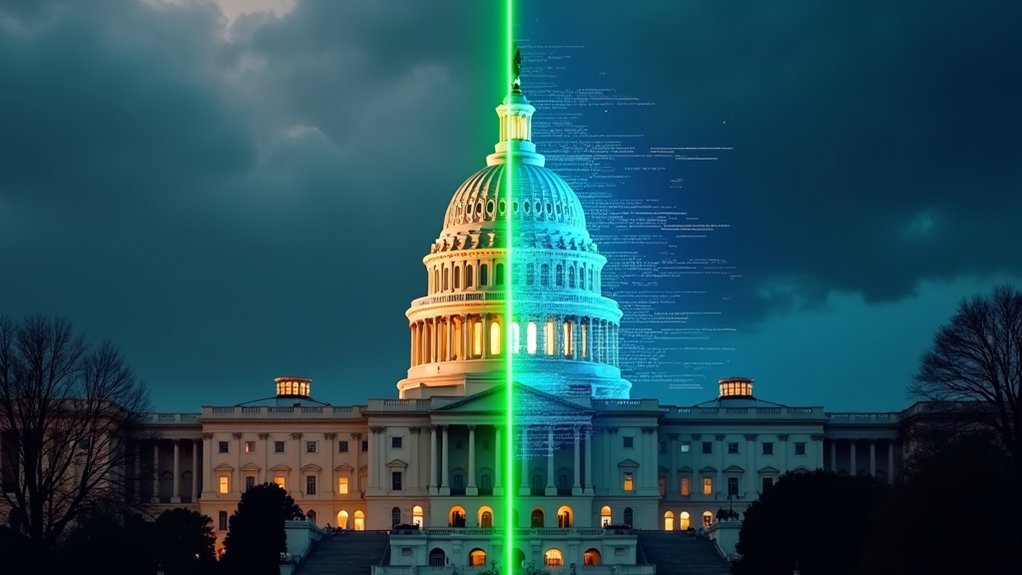Several U.S. states are racing to embrace Bitcoin as part of their financial strategy. With 16 states currently considering legislation for digital asset investments and three more expected to join, this movement represents a significant shift in how state governments view cryptocurrency.
Oklahoma’s Strategic Bitcoin Reserve Act and Wyoming’s proposal to allocate up to 3% of state funds to Bitcoin highlight this growing trend, while Pennsylvania’s bold move to allow up to 10% investment shows increasing confidence in digital assets. With Bitcoin now valued at over $100,000, states are increasingly motivated to capture potential investment gains. Texas is taking a more conservative approach with its Senate-proposed 1% allocation of leftover budget for Bitcoin purchases.
States are exploring various approaches to incorporate Bitcoin into their financial systems. Some are looking to invest portions of retirement and pension funds, while others are establishing strategic reserves using public funds. These initiatives often include specific guidelines, such as market capitalization requirements and mandatory holding periods, to guarantee responsible management of public resources. The network effects of Bitcoin adoption could significantly boost its value as more states join this movement.
The motivations behind these state-level moves are multifaceted. Protection against inflation and currency debasement ranks high among concerns, while states also aim to attract tech businesses and foster innovation in their regions. Many state officials believe that early adoption of cryptocurrency could provide their jurisdictions with a competitive advantage in the digital economy.
The potential impact of these state-level Bitcoin strategies is substantial. If implemented, these initiatives could result in billions of dollars worth of Bitcoin being held in long-term storage through public funds. This would effectively make millions of citizens indirect investors in cryptocurrency through their state’s financial systems.
The large-scale adoption by states could also contribute to more stable Bitcoin prices due to increased institutional involvement.
However, states must navigate significant challenges as they implement these strategies. Concerns about volatility in cryptocurrency markets and cybersecurity risks for public funds remain important considerations.
Despite these challenges, the momentum behind state-level Bitcoin adoption continues to grow, potentially reshaping how public funds are managed in the digital age. This state-led movement appears to be outpacing federal initiatives in cryptocurrency adoption, marking a significant shift in American financial governance.





